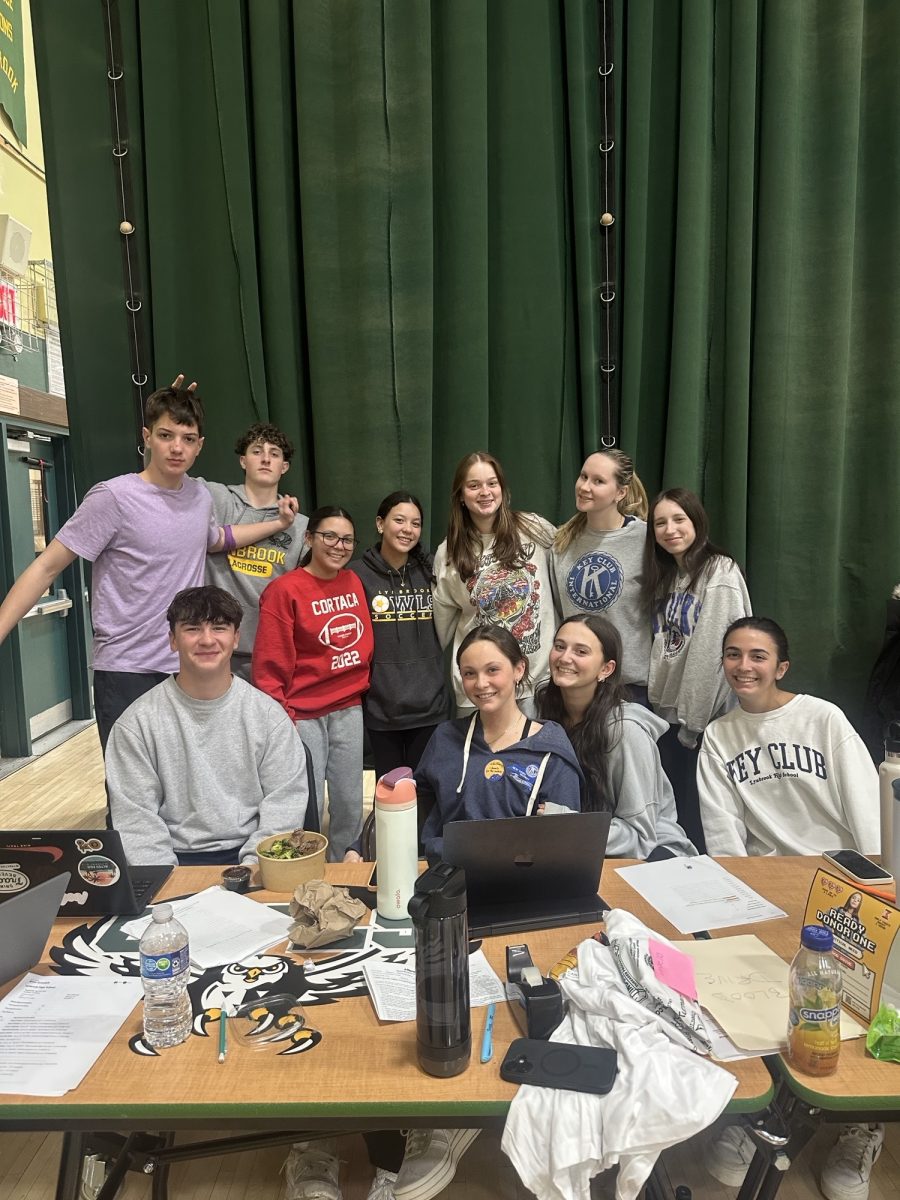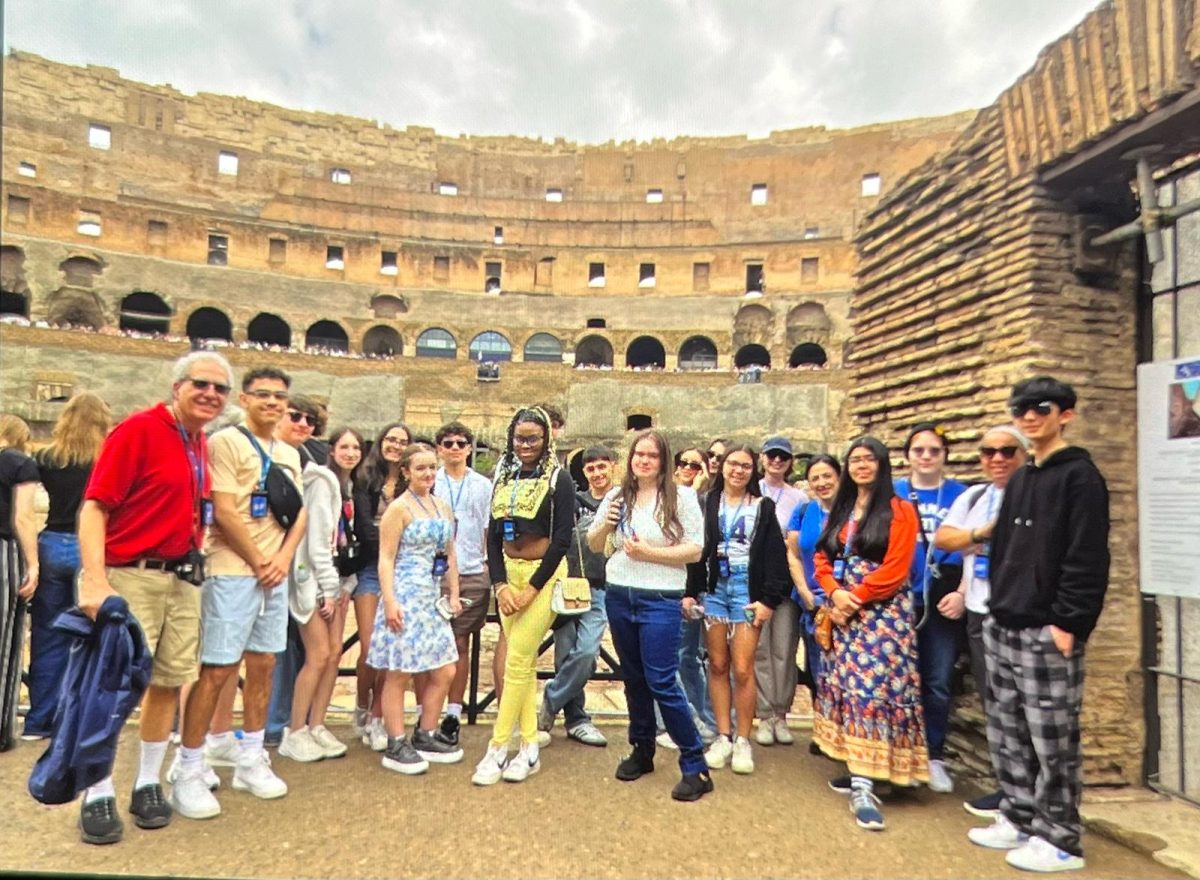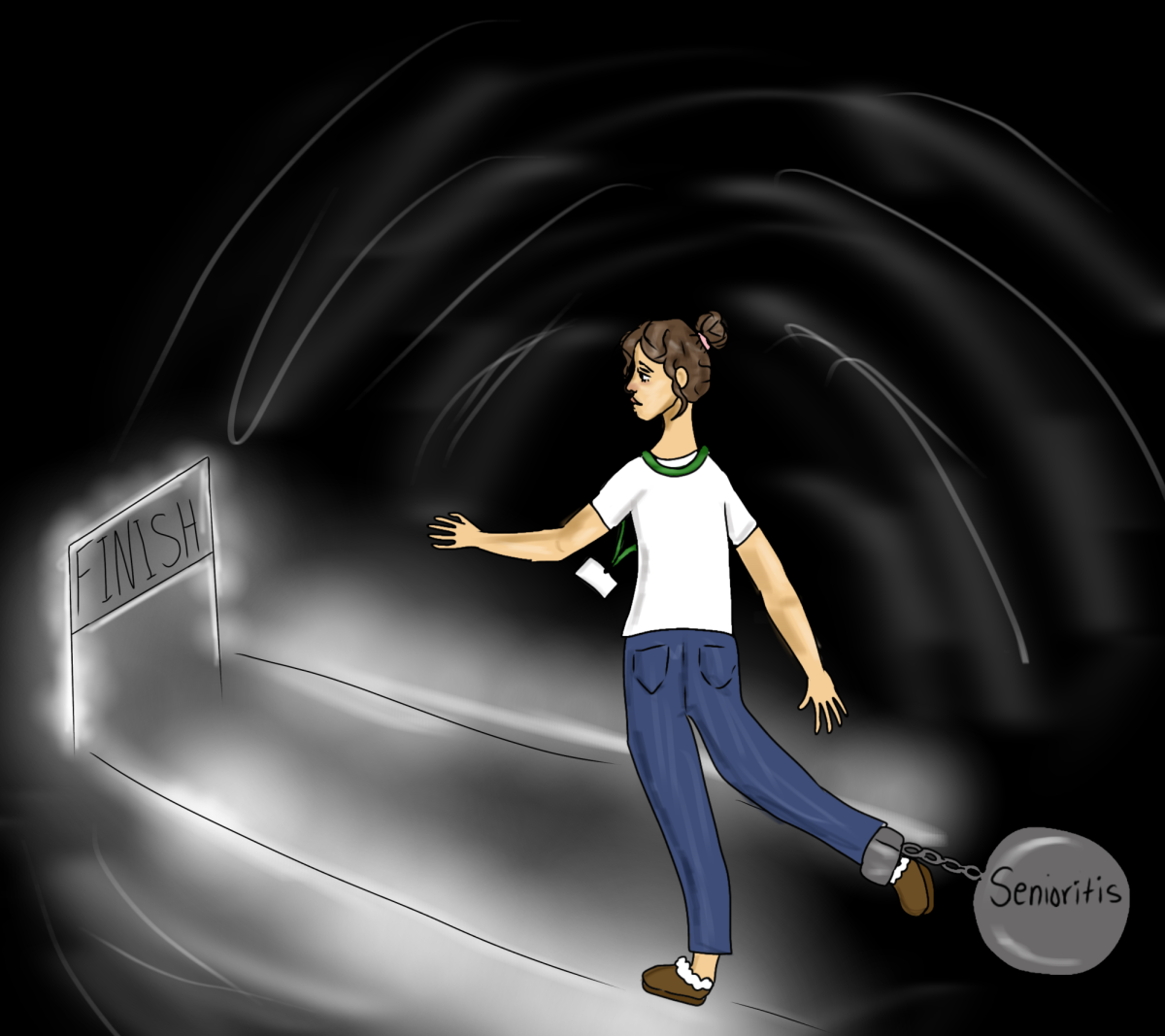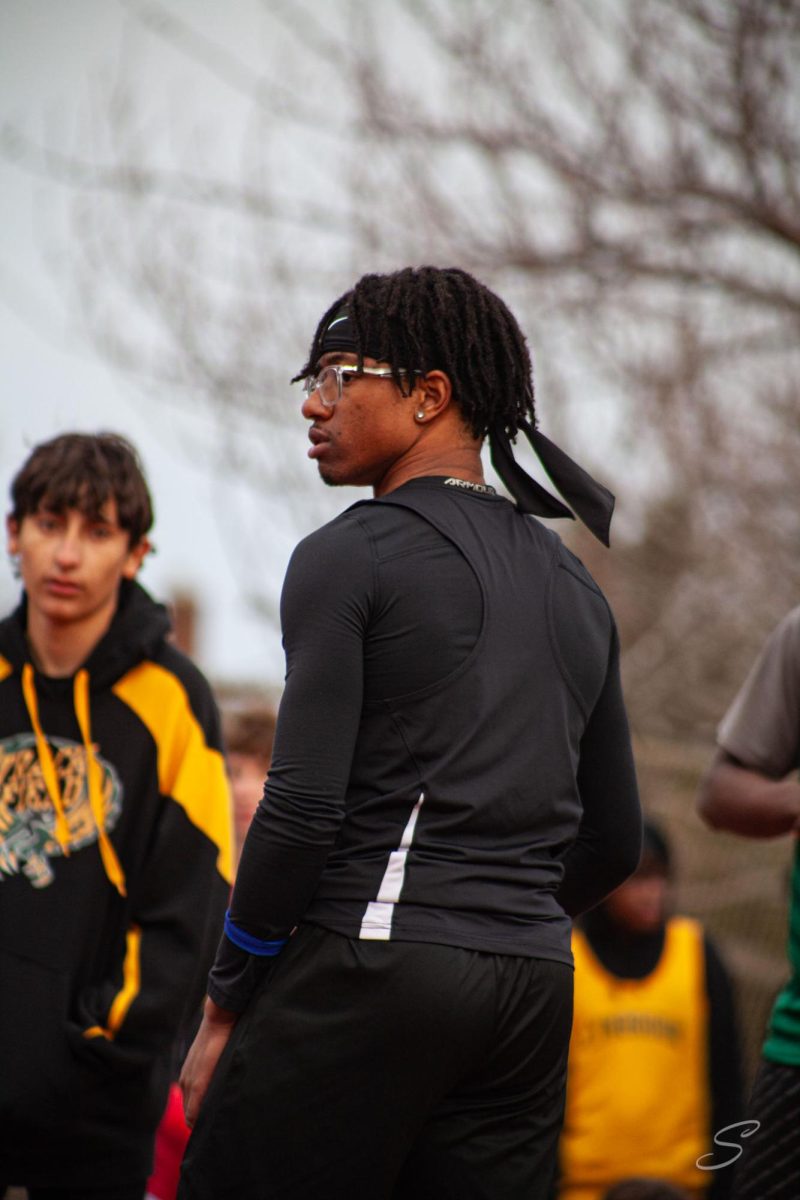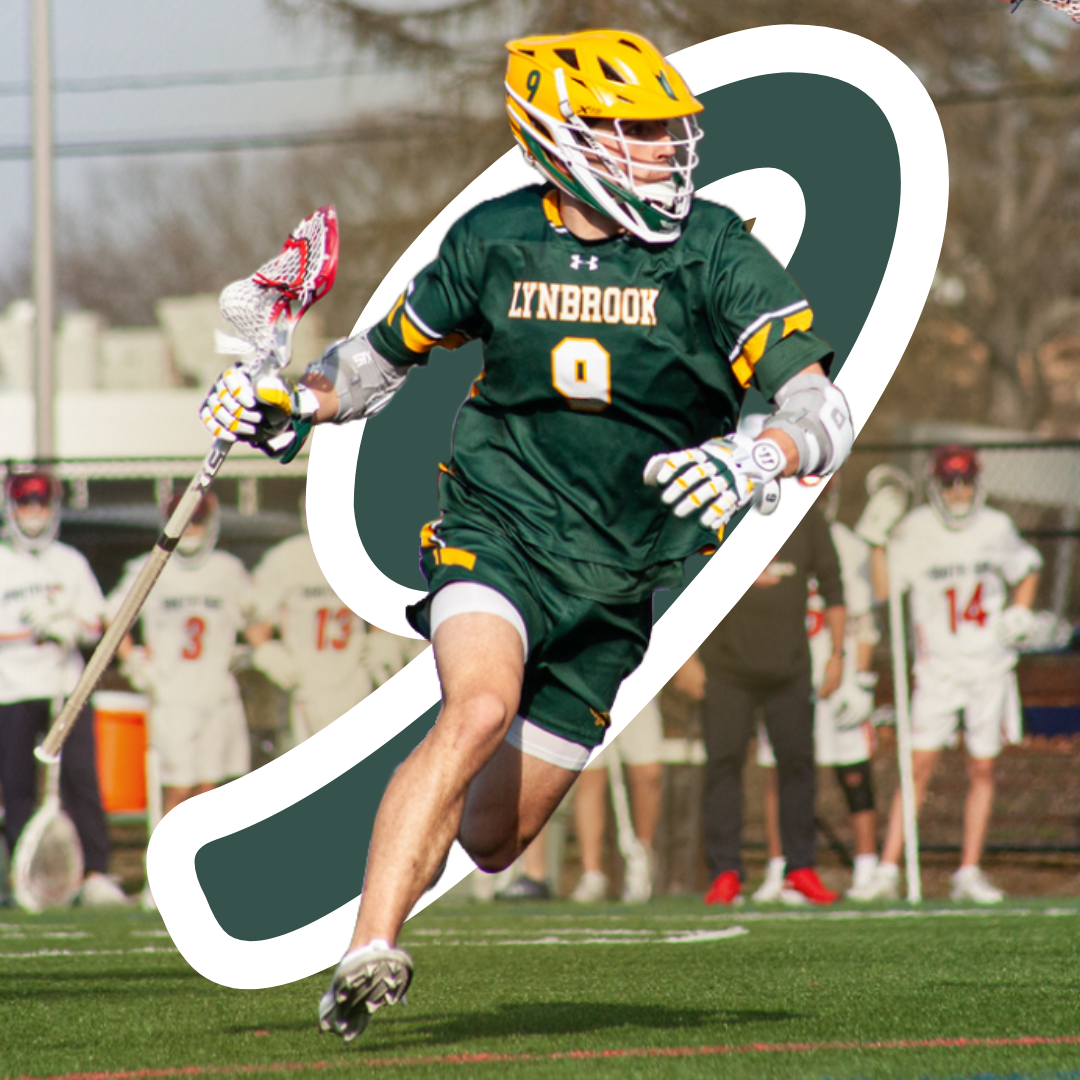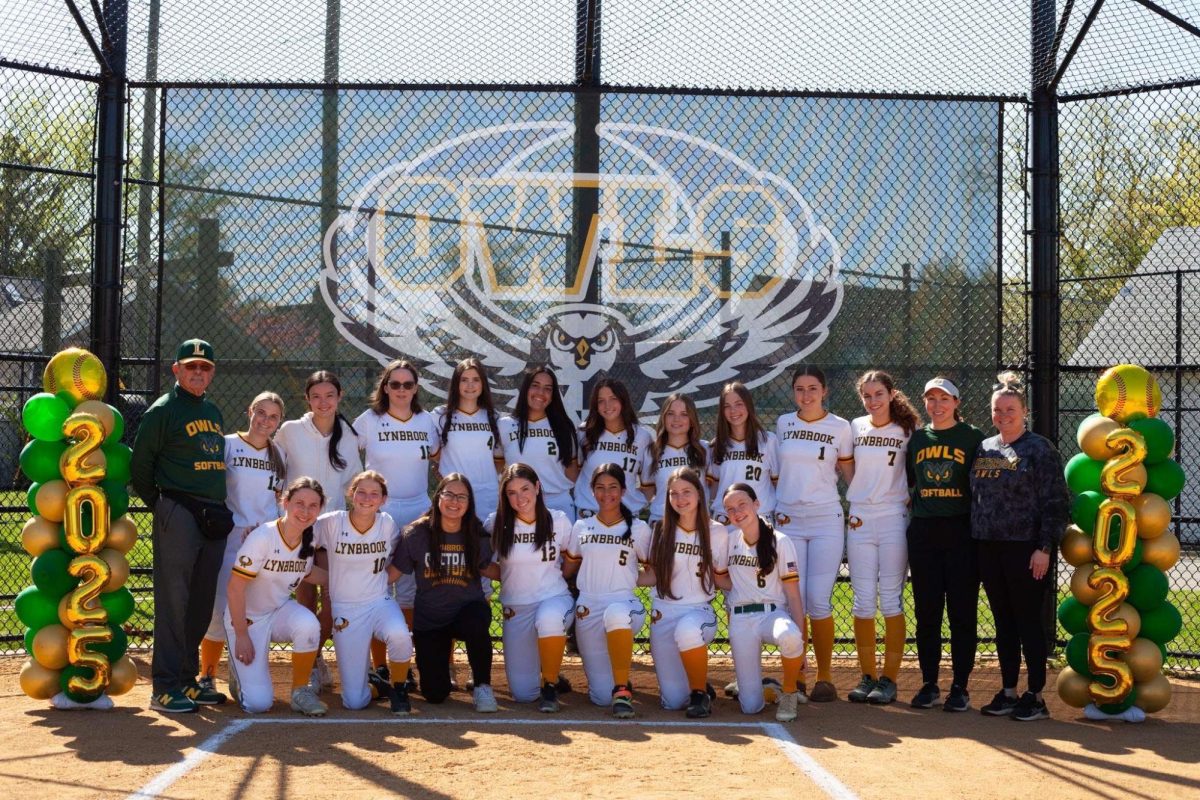Brazilian Election Falls into Turmoil
Daniel Ramalho AFP/Getty Images
Hundreds of people take part in a protest against the Brazilian government Monday after the blaze
While America prepares itself for a midterm election in what feels like one of the most hectic political moments in its history, one of the biggest nations in the world is doing the U.S. one better, and is embroiled in chaos, which surprisingly, has gotten little to no coverage from most mainstream media outlets: Brazil.
If Americans do know anything about Brazil’s political culture, the ongoing issue of corruption is most likely it. In 2014, investigators began taking a closer look at rumors of bribery and money laundering in the state-owned oil company, Petrobras, that led to the impeachment of then-president Dilma Rousseff, along with other members of the popular Workers Party (PT).
It appears to be no different in this election cycle either, as the corruption investigation has dragged another prominent political leader into controversy: Luiz Inacio Lula da Silva, commonly nicknamed “Lula.” Though his former presidential tenure (Lula was president from 2003-11, preceding Rousseff.) was also being closely analyzed in the Petrobras investigation, his popularity as leader of Brazil’s left-wing populist factions made him a clear favorite in the upcoming election.
And then, he was sentenced to twelve years in prison over Petrobras, which, despite his current attempts to appeal the sentence and the recommendation of the United Nations, disqualified him from running. Mass protests immediately broke out, with many seeing the sentencing as a politically motivated shutdown of the presumptive election winners–the party picked a replacement, former Sao Paulo mayor Fernando Haddad, with less than a month left to campaign for the October 7 election.
Amidst the fight over Lula da Silva’s future in the streets of Brazil, a new figure has taken further prominence: Jair Bolsonaro. While a distant second earlier, Lula’s disqualification have brought the controversial politician into first place. Why the controversy? Bolsonaro’s PSL party has existed for a long time along the right-wing fringes, and his views on homosexuality, immigration, and torture have become major campaign talking points. And while many Brazilian politicians show distaste for the days of South American military dictatorships, he has made a point to praise former demagogues like Brazil’s Brilhante Ustra and Chile’s Augusto Pinochet.
The working-class anger over the Lula decision and the rise of Bolsonaro to favored nominee have made it a tense political atmosphere that has boiled over multiple times. In early September, Bolsonaro was nearly killed when a protestor stabbed him during a street demonstration. Venezuelans and Colombians attempting to immigrate to Brazil have been met with military resistance. And the devastating fire at Brazil’s National Museum, a world-famous historical collection, has only drawn out more angry protestors, upset at how maintenance funding for public sites like the museum have led to disasters like this.
With all these factors snowballing, it almost guarantees that the Brazilian presidential election, no matter the result, will be marred by controversy. And, given Brazil’s position as the sixth largest country in the world, the October showdown will likely be one of the year’s most consequential events. Foreign elections typically do not get the focus of many Americans, but the gravity of this one may make it necessary for the nation to redirect some attention southward.




